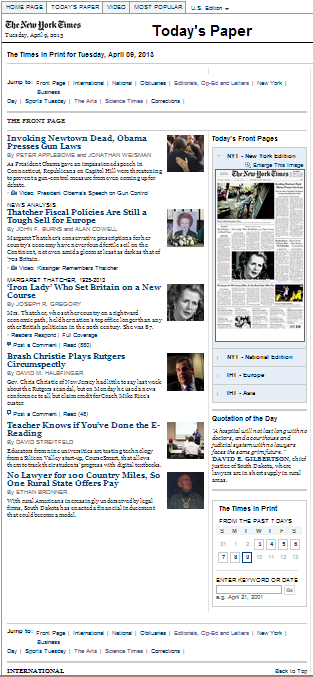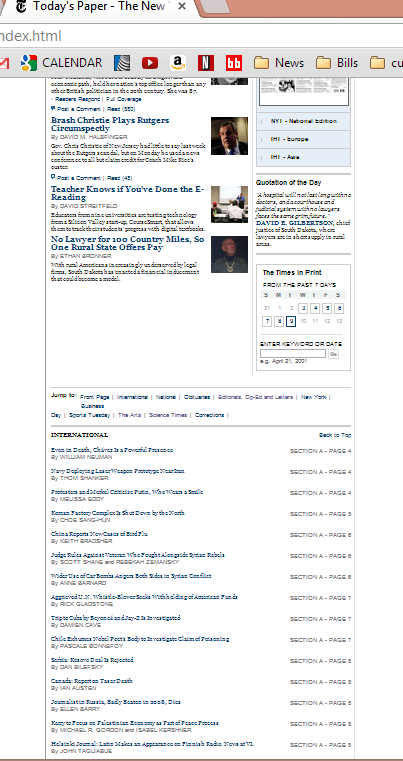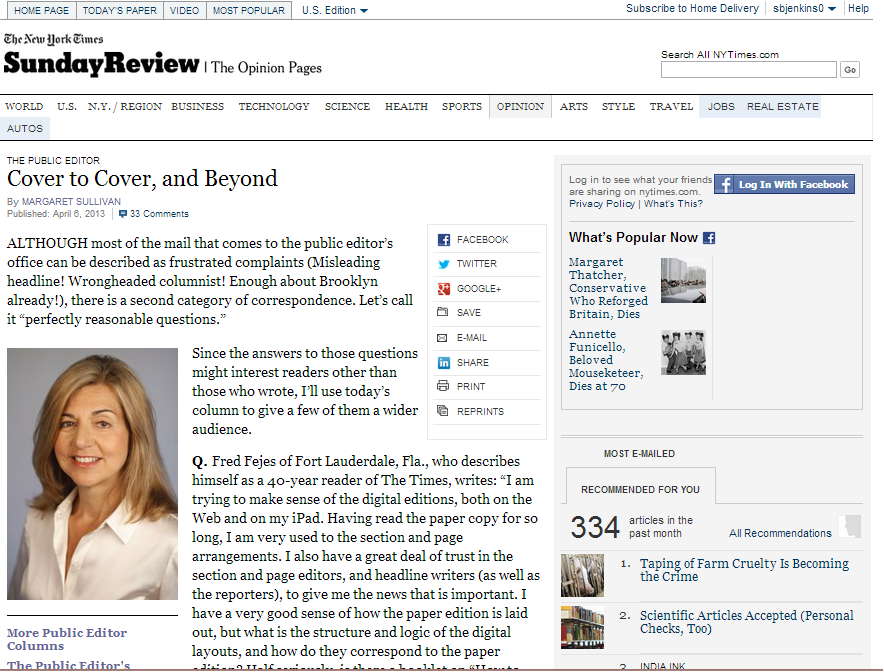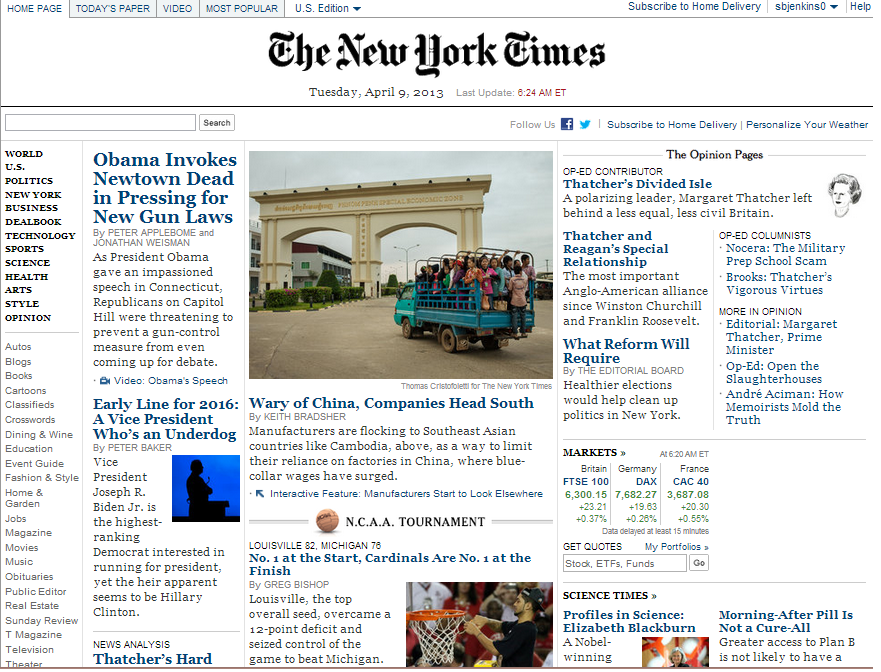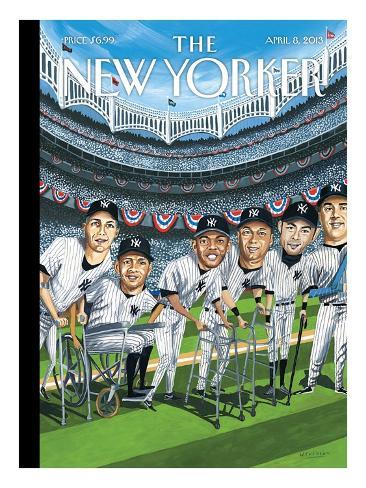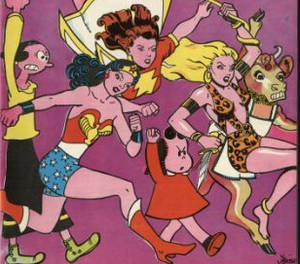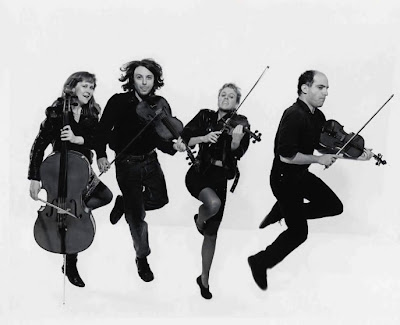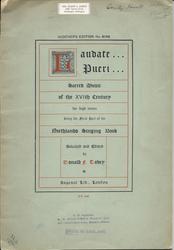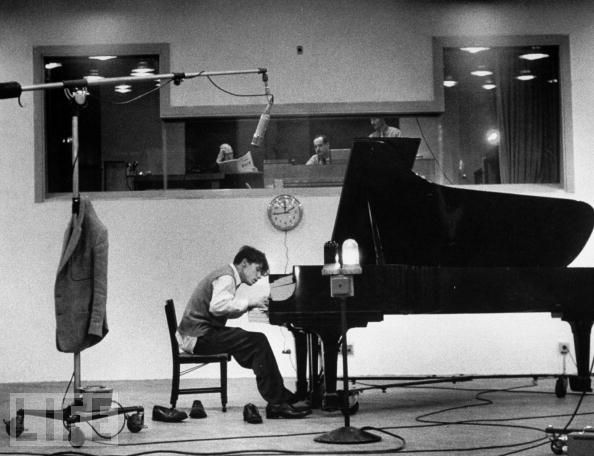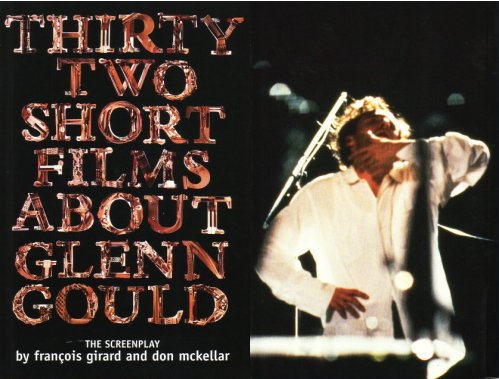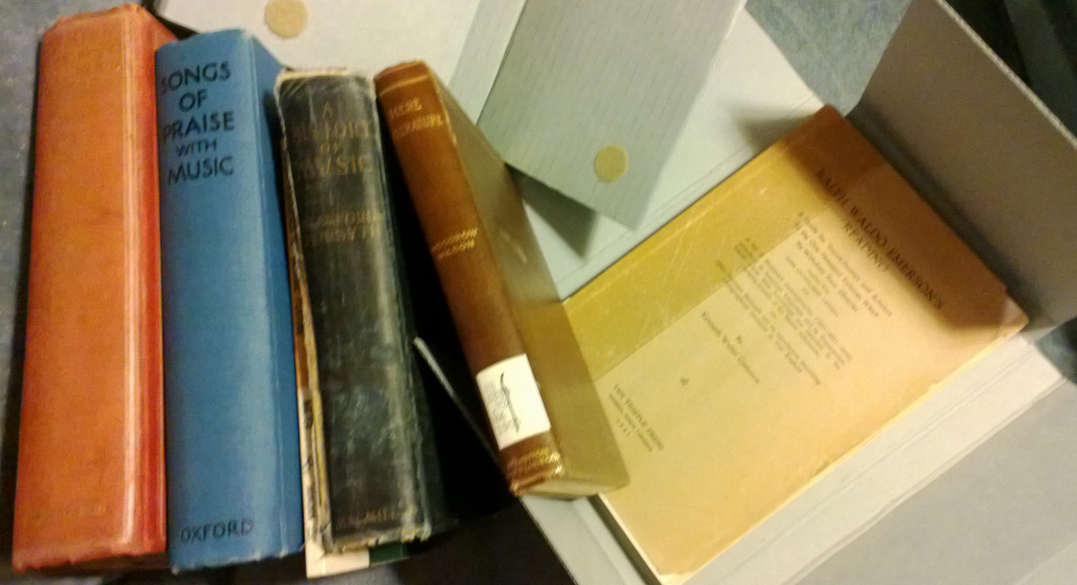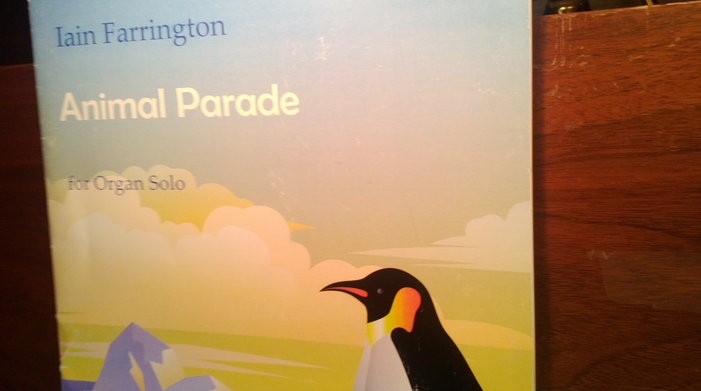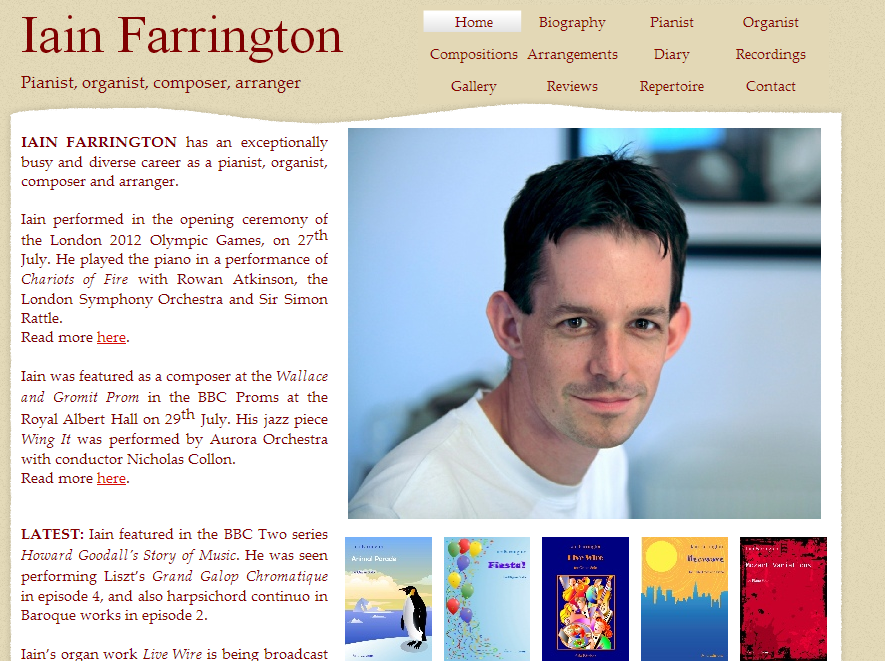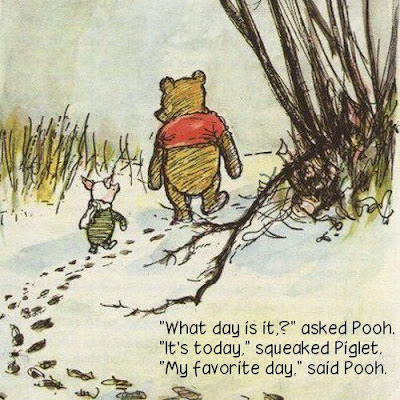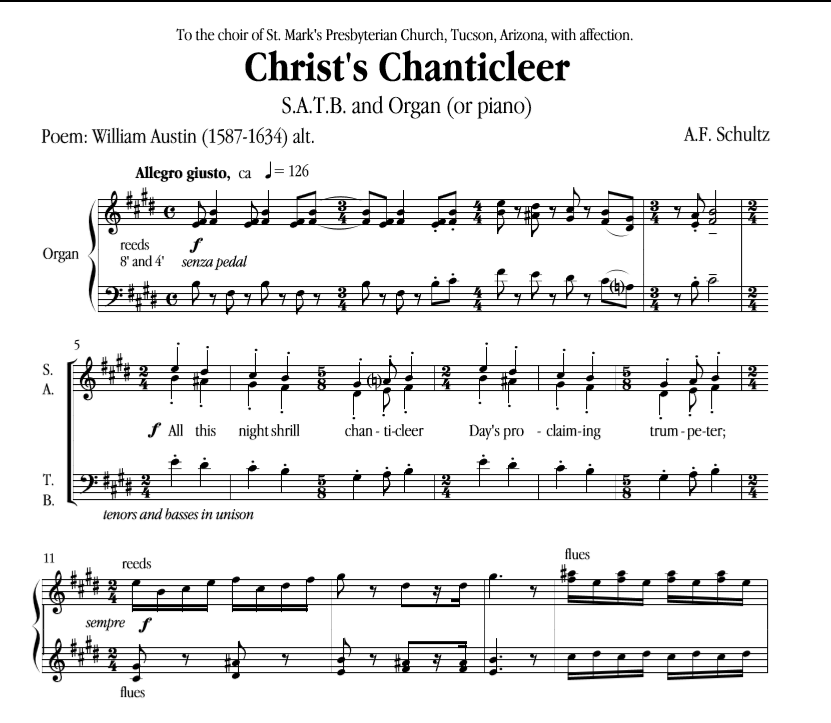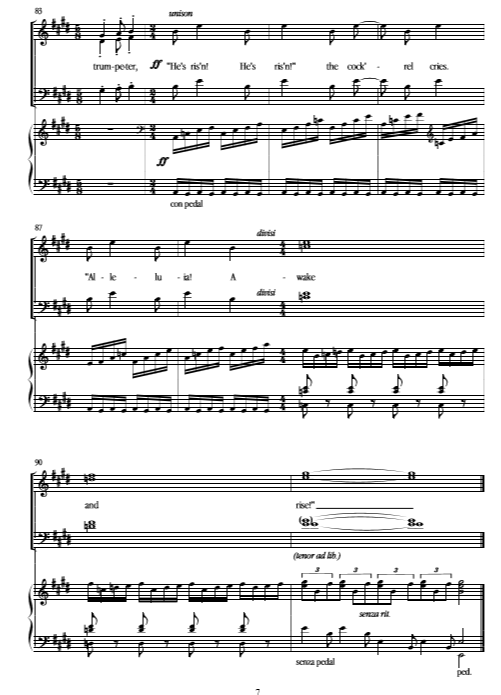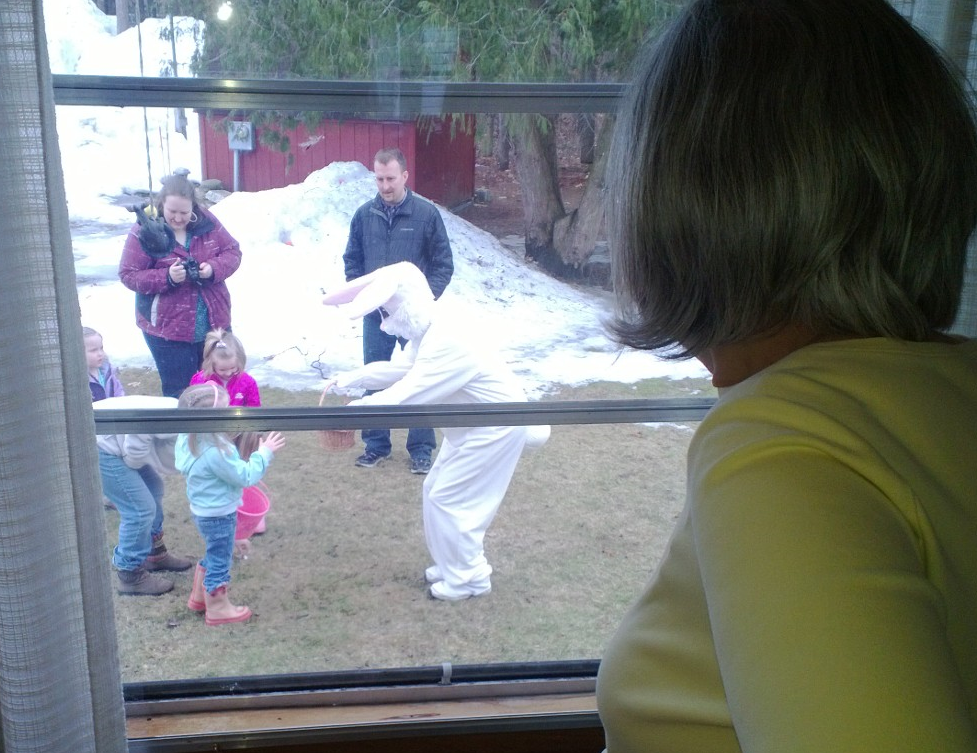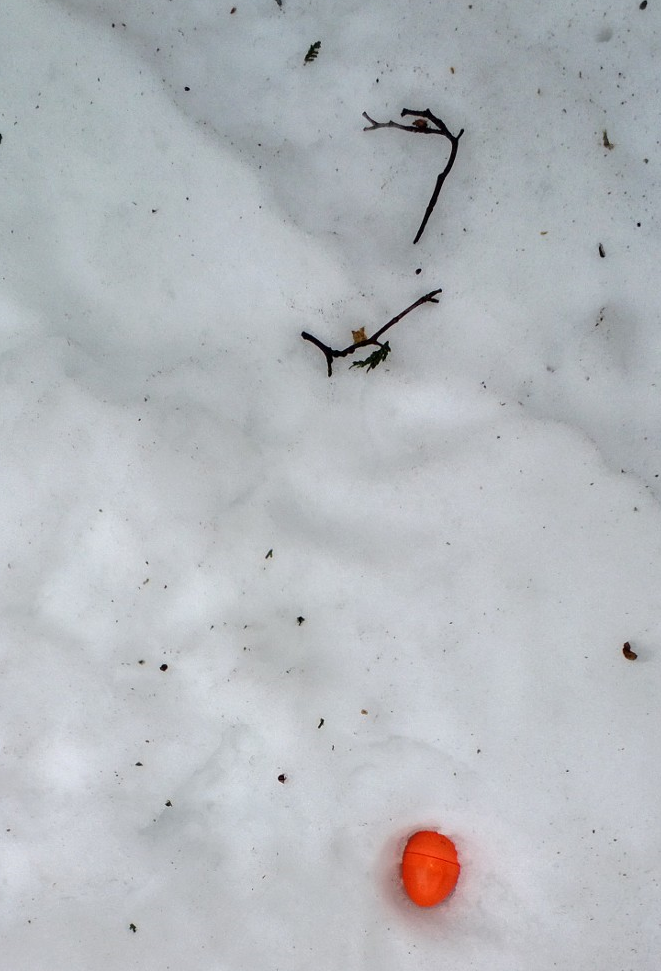I only five more days of ballet classes. Possibly less, if any are canceled last minute. I still enjoy the work, but am ready for some time off.
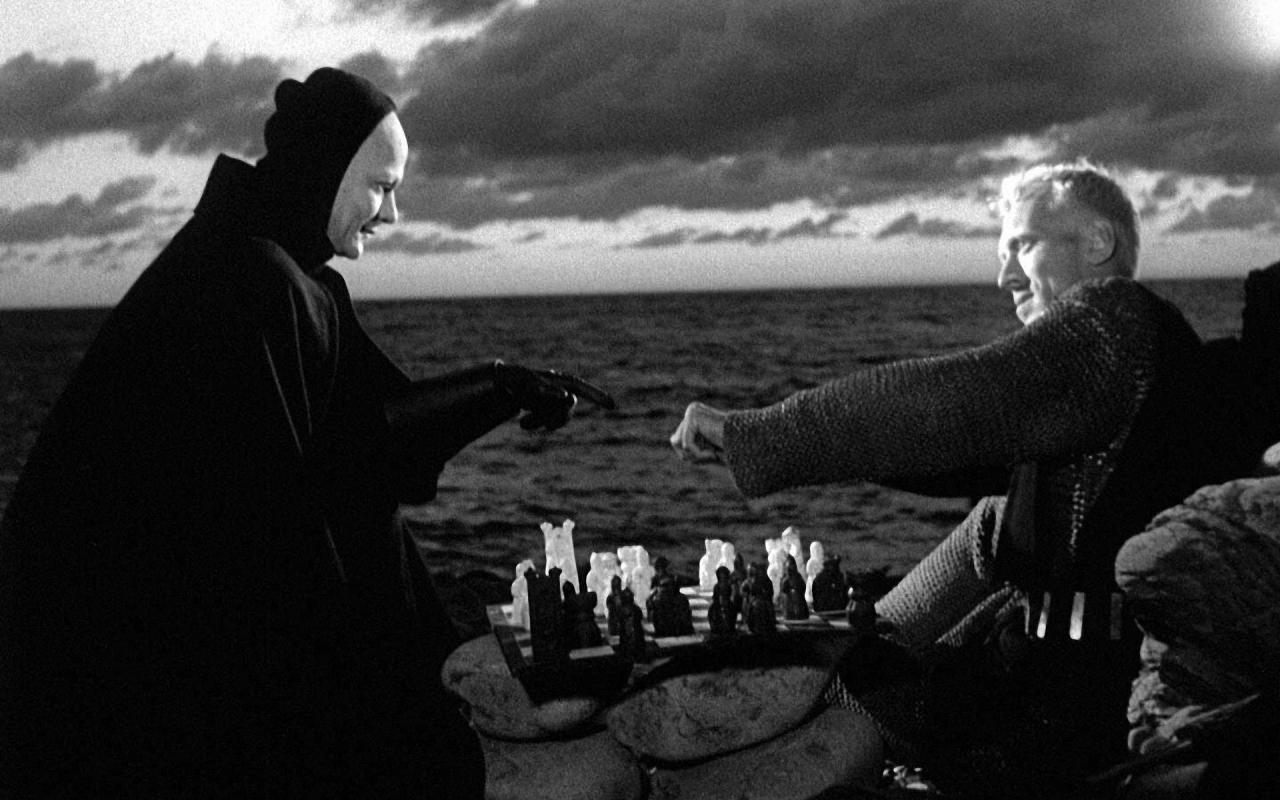
Caroline Shaw,this year’s winner of the Pulitzer Prize in music, earned her living after getting a masters in music “accompanying ballet and modern dance classes on piano, violin and percussion…” (Caroline Shaw, Award-Winning Composer – NYTimes.com)
I listened to the recording of this piece.
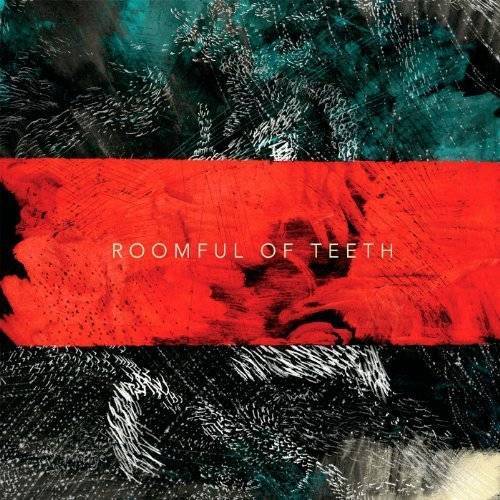
I like that Shaw doesn’t think of herself as anything but a musician.


I also like this piece quite a bit (both the live performance above and the studio recording which is on Spotify).
Her comments and descriptions in the above link are illuminating. She sounds like someone I would want to know and work with. I don’t say that too often about musicians.

I was surprised to open the pages of my new New Yorker and find two poets I have been reading in it. I rarely seem to like the poems the New Yorker publishes. For a few years I submitted poems myself. I hope it’s not just jealousy. In fact, I was thinking as read Michael Robbins and Anne Carson’s poem in this issue, that it could be a sort of lack of poetical context. Reading entire books of poetry one gets a larger rhythm going than just one poem. The poetry is sort of in dialog with itself.
One poem on a page in a magazine has to sort of wing it alone so to speak. Just burst into your head and do its work. I usually read the first couple of lines and see if it draws me in at all. I do the same with the New Yorker ficition. Occasionally I am drawn in.
I find Robbins work to resonate with phrases from popular culture that twist into new meanings. I like that. Ann Carson I am still trying to figure out. I’m about halfway through her Decreations. It’s not one of her major works I gather. But I am finding an occasional burst of light in it.
*****
The Finding – U.S. Engaged in Torture – NYTimes.com
Letters in response to this story.
*****
‘The Dispensable Nation,’ by Vali Nasr – NYTimes.com
Review of a new book that critiques Obama’s foreign policy.
*****
Of Judges and Judging – NYTimes.com
Linda Greenhouse is supposedly retired. She has taught me a lot about the Supreme Court with her reporting. She’s always worth reading.
*****
The Art of Filippo Minelli – NYTimes.com
He paints words outside, words that resonate out of context.

*****
How the Pre-Penicillin Era Could Help Combat Antibiotic Resistance – NYTimes.com
History of meds. Probably holds future promise after exhausting antibiotics usefulness.
*****
Coelacanth DNA May Tell How Fish Learned to Walk – NYTimes.com
I love this shit.
*****
Digital Public Library of America
online as of yesterday.
*****
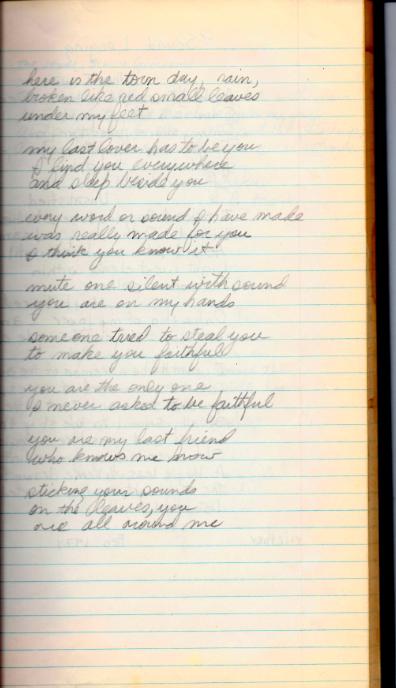
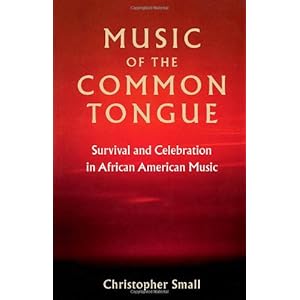
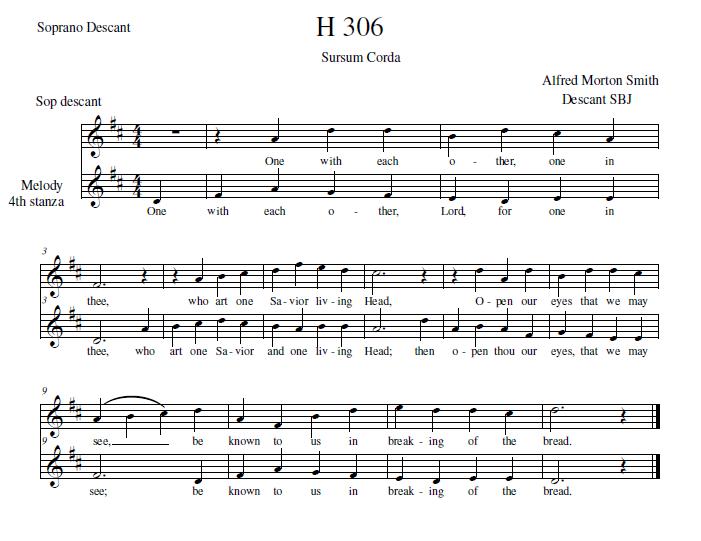

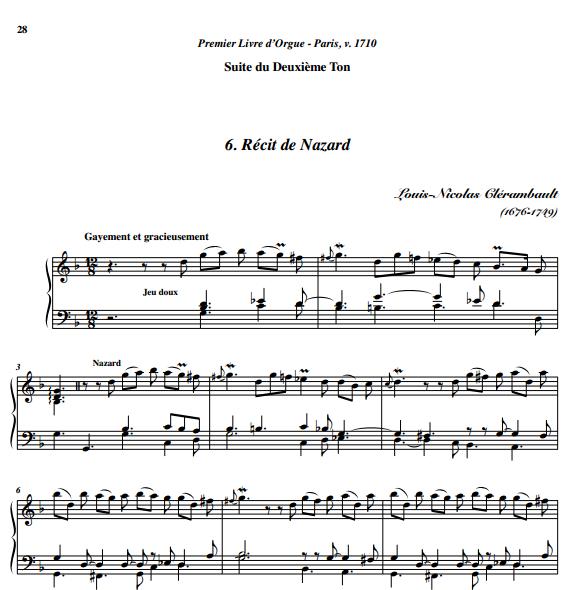
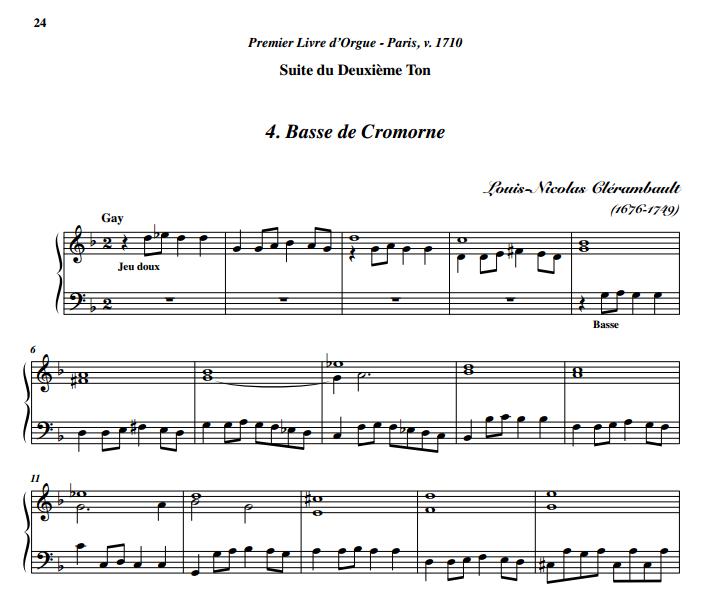
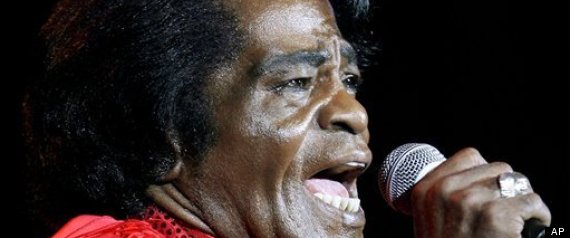

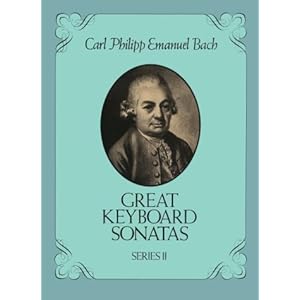








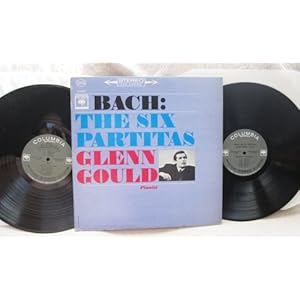
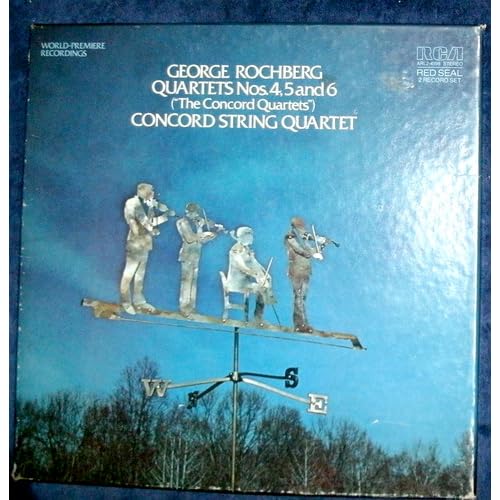

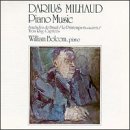
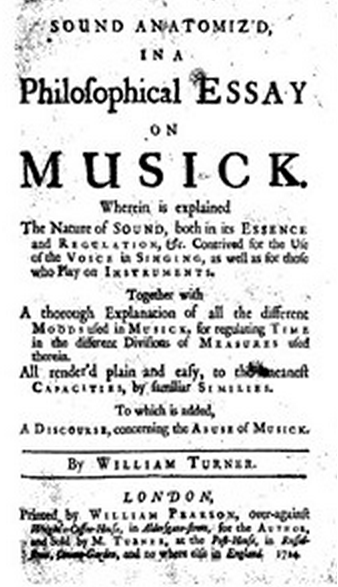



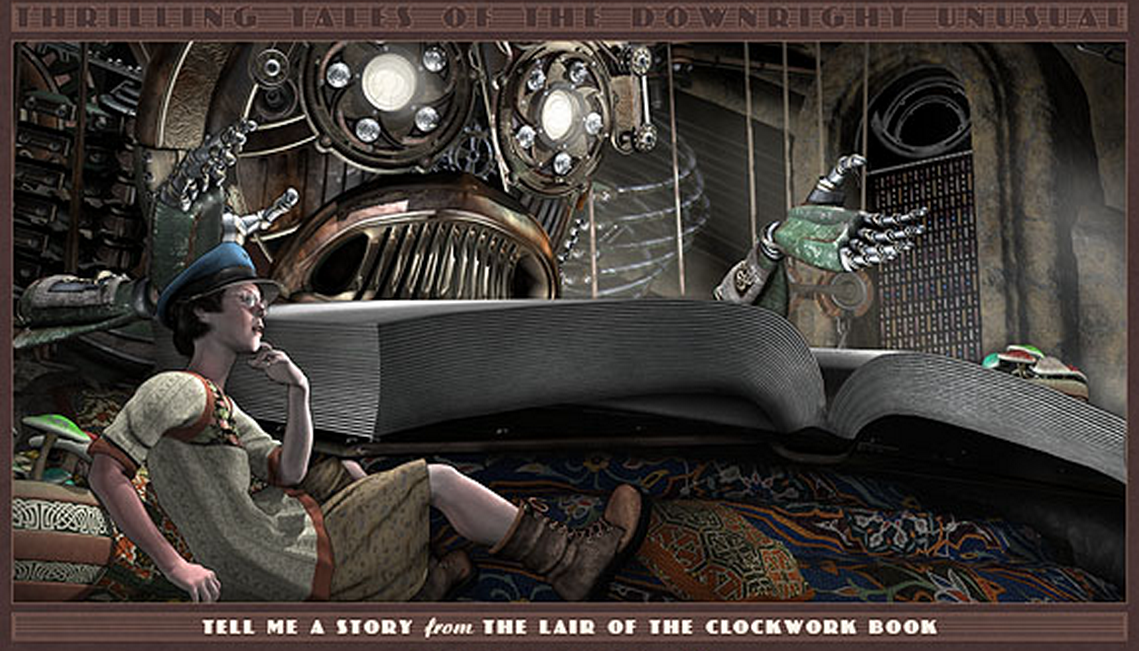

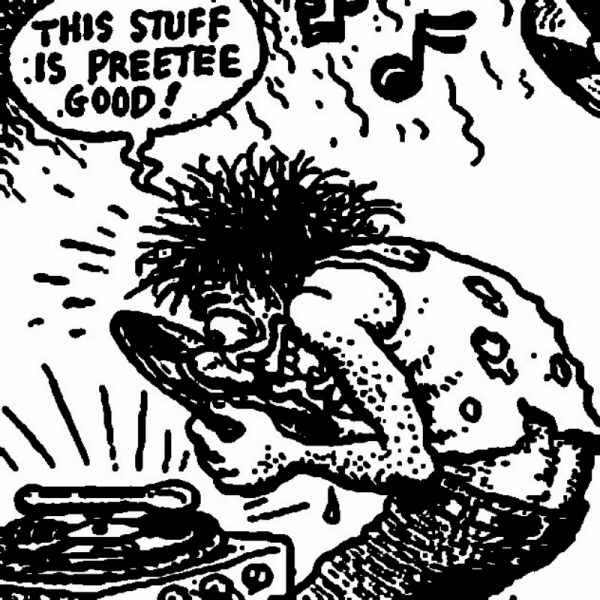


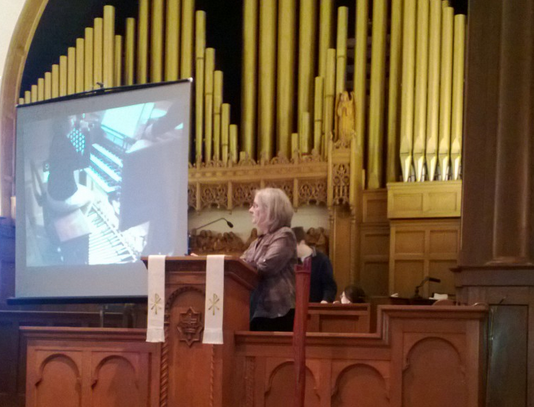
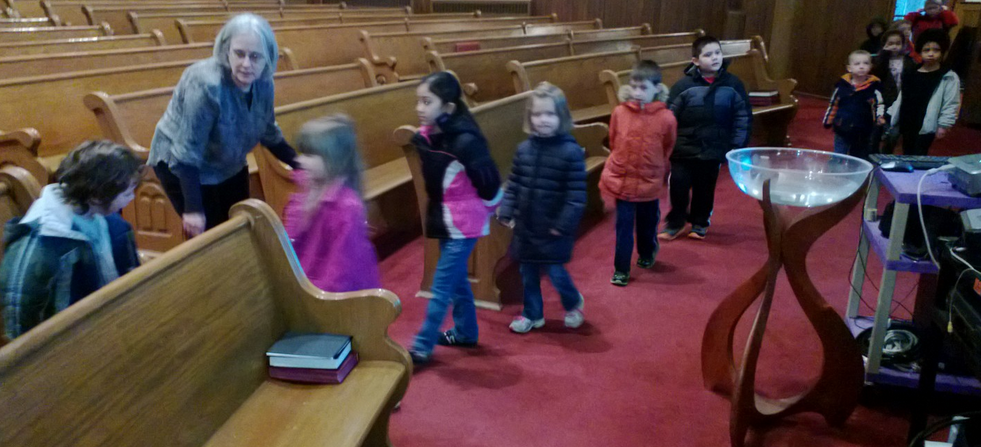

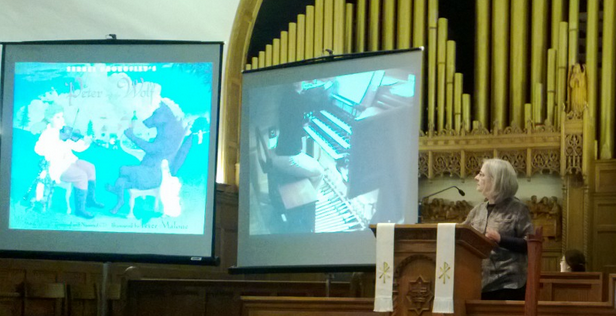
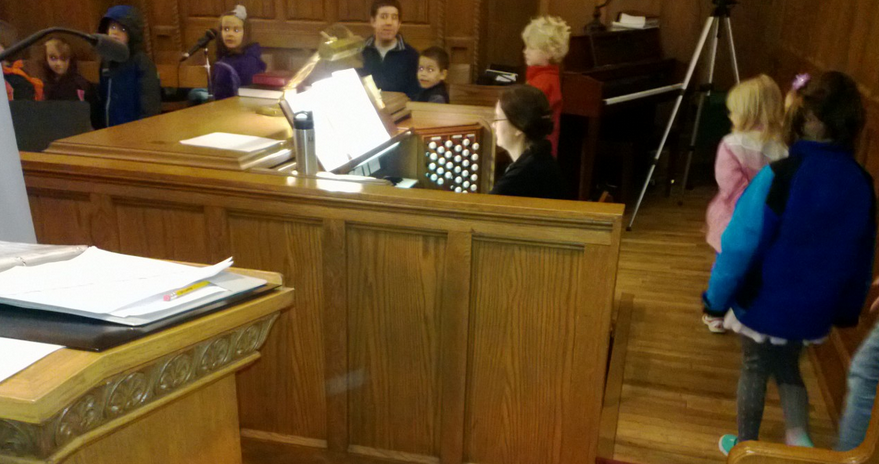

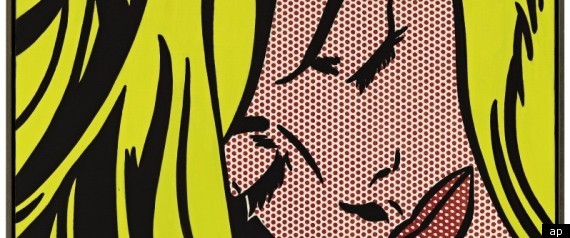





_cover.jpg)






